Brian Stokes, Managing Director at ITCS, discusses his secrets with us to running a successful company that continues to expand 15 years on.

“When beginning ITCS all those years ago, my vision was to create an IT Computer Services Company that delivers the support, software platforms and technological solutions that are essential for business success.” 15 years on, and ITCS are still doing just that! In this blog, we look at what traits are essential for any entrepreneur / Managing Director of a successful company:
The Ability to Deal With Risk:
As an entrepreneur, the MD has always operated effectively in an environment filled with risk and uncertainty. ITCS created growth through what was one of the longest lasting recessions on record. Brian and the Directors have calculated, managed and mitigated a lot of risk while developing ITCS through the years. This risk – even in good economic times – is ever more apparent when dealing with new technologies, along with fuelling the aspirations and growth of the company.
Being Results Oriented:
Brian and the team are definitely results oriented, always taking ownership to get the task done. He has a “can-do” attitude and demonstrates common sense with his decisions and actions, allowing him to cut through and resolve problems that may divert others. His business judgement is sound and has become stronger over the years with each experience, decision or recommendation. Not only does Brian desire to make a contribution to results, he needs to see the results of his contributions quickly, not measured in years!
Energy & Ambition:
High levels of enthusiasm and energy is consistently generated, much higher than would be reasonably expected. Brian has engrossed himself in work for the past fifteen years; he is clearly enthused by achievement, as there is no sign of him slowing down! This is evident with massive growth and office expansion plans, all set for the year ahead (watch this space…). He is fully committed to the company, its goals and overall success. This energy enables ITCS to tackle projects as they come up and finish them, time and time again. Entrepreneurs don’t have someone looking over their shoulder. If they don’t get it done, the company will fail. Brian says “being an entrepreneur is neither a part-time nor a full-time job. It’s a lifestyle”.
The Desire to Keep Evolving:

Brian has always been willing to accept much higher levels of responsibility than is the norm in any position he has taken on. He has always acted as a strong role model. He trains and coaches others, and takes a leading role much earlier than would be expected in a normal corporate environment. Entrepreneurs are extremely competitive, they don’t take no for an answer and are unwilling to lose. Many companies are formed out of such competitive natures – ITCS being one of them!
Being a Team Player:

While being a team player is not always seen as a trait of an entrepreneur, Brian argues this point. “Being a good team player and surrounding yourself with other talented entrepreneurs is a key factor to success” He asserts. He recognises how his role contributes to the overall effort and prosperity of the organisation. He accepts accountability and ownership and expects others to do the same. He also recognises the roles and contributions of others and sincerely applauds their efforts.
Multitasking Connoisseur:
Being a successful business owner is reliant on being flexible to accept new opportunities, assignments and responsibilities. Brian can perform more than one role until the incremental duties and functions assumed can be assigned to co-workers in newly defined roles. He is also willing to dig in and do grunt work tasks which eventually will be performed by lower level employees.
Improvement Orientated:
More than willing to challenge existing procedures and systems in a constructive way, Brian suggests changes and improvements frequently and encourages others to do so also.
Finally and most importantly:
Believe in and Empower each and every employee
Gone are the 1950s ways of working when the boss wielded all the decision-making power, that hierarchical style is not the way to work as a team. Empowering your employees is the way forward. To be successful, empowerment requires that managers trust their staff; trust that they will make the right decisions and that they will be effective in achieving their goals.
When people are self-determining and self-managing at work, they have a greater sense of job satisfaction. With this comes increased motivation and drive to do a great job. So staff are more effective in their roles and more productive; not to mention happier.
Greater autonomy also stimulates creativity and helps generate ideas, bringing more innovation to the business. This fuels the development of new products and services, or enhances business processes, all of which helps drive business success.






 CLOSE
CLOSE











